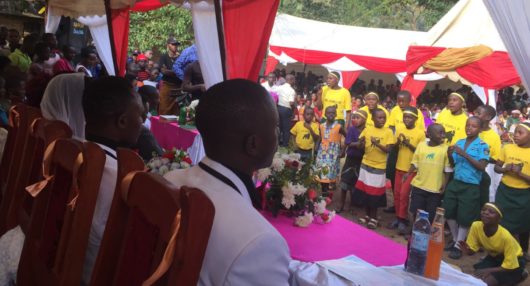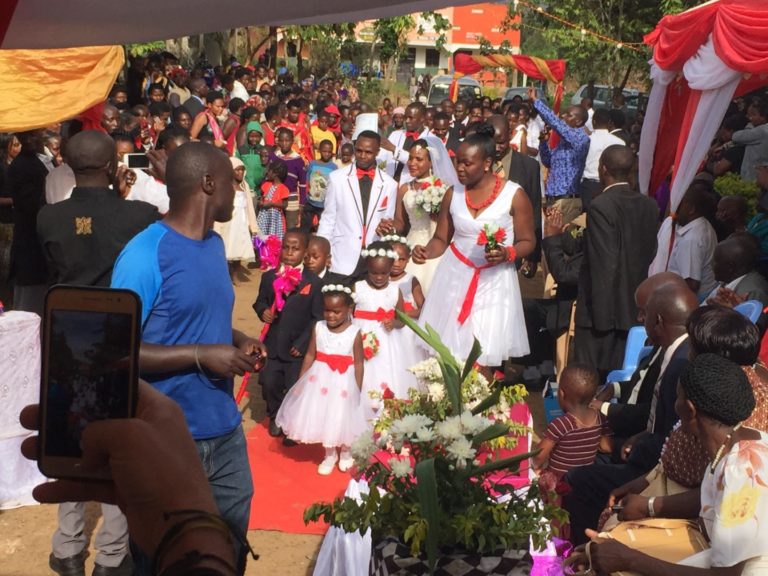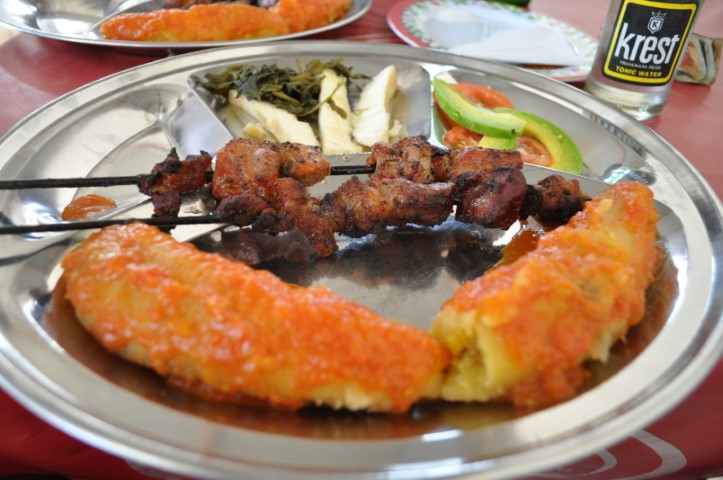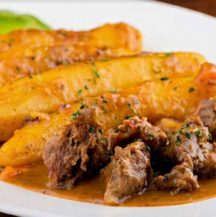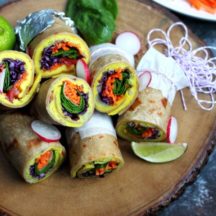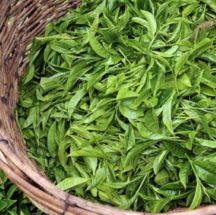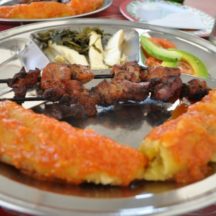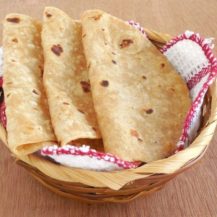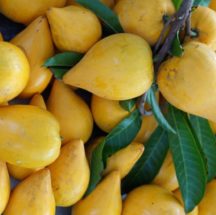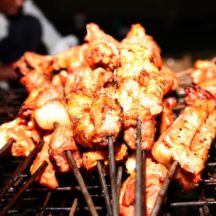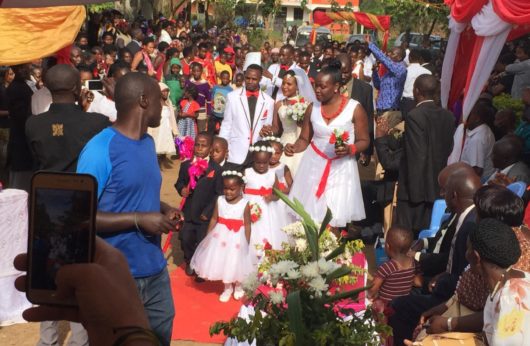
Over time, Ugandan families tend to stick together as they don’t fly far from the nest like the western families do.
This is partly due to culture and tradition, also partly due to financial constraints. Women marry into the husbands family and move to his family’s homestead.
The father will divide his land between his wives (2 was common practice for the grandfather generation) and additional homes will be added to the homestead to accommodate the growing families.
The fathers family pay a dowry for the woman, and she moves from her home into the husbands home on his family’s homestead.
On my way home one day from Lake Bunyoni, I witnessed “The day after” a wedding, as the bride walked to her new home with her husband.
The husbands family was with her, carrying the beer to the new house, and one of the children were carrying her handbag for her.
All of the family rallied around her, as she made her significant journey from her natural born family home to that of her new husband.
I get a wonderful sense of comradery from the way the family units operate and connect together. They believe family is important and tend prioritize the families quite high.
This feels good to me.
The culture feels like a hybrid.
The marriages aren’t arranged per say, however families that have friendships can often conspire to have their children become friends or meet, and then encourage them to foster a romantic relationship.
